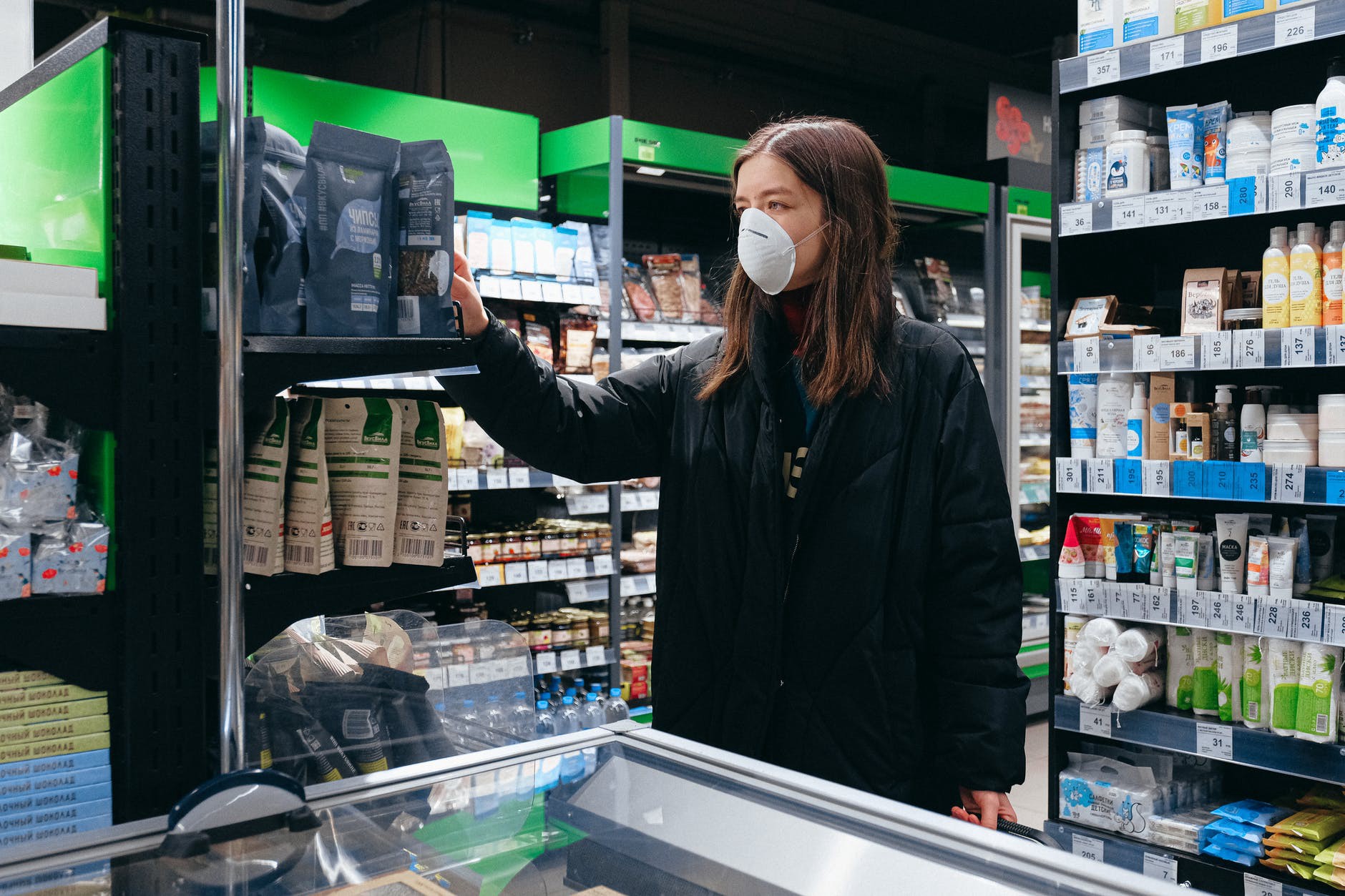
Enough With Outdated Mystery Shoppers: Why Secret Shopping Doesn’t Work
Enough With Outdated Mystery Shoppers: Why Secret Shopping Doesn’t Work
Mystery shopping has been around ever since the 1940s. But just because a method’s been used for decades doesn’t necessarily mean it’s the best method.
It’s true that many (if not most) retailers have used this strategy to evaluate their business processes so they can tweak for improvements. But now that we’re shifting to social distancing and relying more on e-commerce, it’s time you reevaluate your retail strategies.
In this article, we’ll discuss why mystery shoppers are outdated and why they don’t work. We’ll also discuss what you should replace it with instead.
It’s Poor-Quality Data
Most reviews are based on one professional shopper’s single experience with a shop. And in that shop, they only encountered one employee, maybe two.
As you can see, the extrapolation of this shopper’s experience to the whole of your business can be quite unfair. Maybe they encountered an employee who had a bad day, or maybe it was an employee who got let go soon after. Or perhaps it was an extraordinary day where you were both understaffed and you had a rush of customers, which led to an increased wait time for customer service.
Whatever the situation was, it was only a snapshot of how your business runs. In addition, the mystery shopper may have their own prejudices; maybe they just didn’t like a particular employee based on how they dressed or spoke.
In the end, it’s poor-quality data because you only have one frame of reference.
They Don’t Always Match Your Target Customer Profile
The majority of secret shoppers are independent contractors who are doing this job for supplemental income. As a result, they may not always fit your target customer profile.
When this happens, their feedback won’t be relevant to you. For example, if your store is designed to be hip, trendy, and bold, it may not receive very good feedback from a mystery shopper who’s a senior citizen. So while you’d get good feedback from their demographic, it won’t be relevant if your aim is to sell trendy and fashionable items to a younger crowd.
It Wastes Your Sales Reps’ Time and Detracts From Real Customers’ Experiences
Your sales reps work hard to get those customers in and converting. For every mystery shopper that takes up their valuable time, that’s maybe a few sales that could’ve gone through.
Not only that, but secret shoppers may also clog your sales floor time. Whatever time and resources your sales reps have to dedicate to these individuals, it means real customers aren’t getting it. With fewer sales reps covering the floor, your business won’t have as many people available to help actual customers.
It May Alienate Your Employees
Many retail employees already hate their jobs for various reasons. Thankfully, most of that can be fixed from an employer’s perspective.
But that’ll all be for nothing if you go ahead with mystery shops. these have an automatic air of distrust, as the message you’re sending your employees is: “you better be on your best behavior at all times since I’m sending someone to secretly test your abilities.”
If they’re already wary of their relationship with you, secret shops can further drive a wedge between you. This may lead to lower morale in the workplace and lower retention rates.
It’s Relatively Expensive to Carry Out
Considering all the ways to gather data about your store, secret shopper jobs may just be the most expensive. Depending on your needs, you can either spend $50 or 10 times that amount on just one mystery shop.
When you consider how short the visit is and the fact that you only get 1 point of data from 1 visit, the return on investment (ROI) isn’t so great. This is yet another reason why you should abandon mystery shops and adopt some pieces of retail technology instead. This is especially true during the COVID-19 pandemic, where social distancing has forced retailers to rethink their retail strategies.
Retail Technology You Should Consider
If you’re looking to improve your employee relationships, then technology is definitely the way. Not only is it efficient, but it also grows trust and retains talent.
One piece of technology every business should use is social media. This allows customers to give you direct feedback, all without you having to put your employees through a secret test. Also, this allows you to get valuable data, as it’s from people who actually shop with you.
You can also send out post-purchase surveys. For example, you can collect customer emails at checkout.
With this information, you can send them a convenient receipt, as well as a survey. This works fantastically for social distancing, as you won’t have to hand them a physical receipt. You can even incentivize the survey with a small discount or gift with their next purchase.
There are plenty of other pieces of technology that’ll enable you to remotely meet, inspect, and engage with your frontline staff. Resorting to virtual meetings and even more basic tech (like email) can suffice in place of mystery shoppers.
The most important thing to consider is being transparent with your employees; treat them fairly and with respect, and they’ll reciprocate. By fostering an open and comfortable work environment, you can build trust and ensure your workplace is a great one that caters to both employees and customers.
Get Rid of Mystery Shoppers and Adopt New Technology Instead
If you found this article on retail mystery shopping interesting, then read this article on why retail business service innovation is vital.


